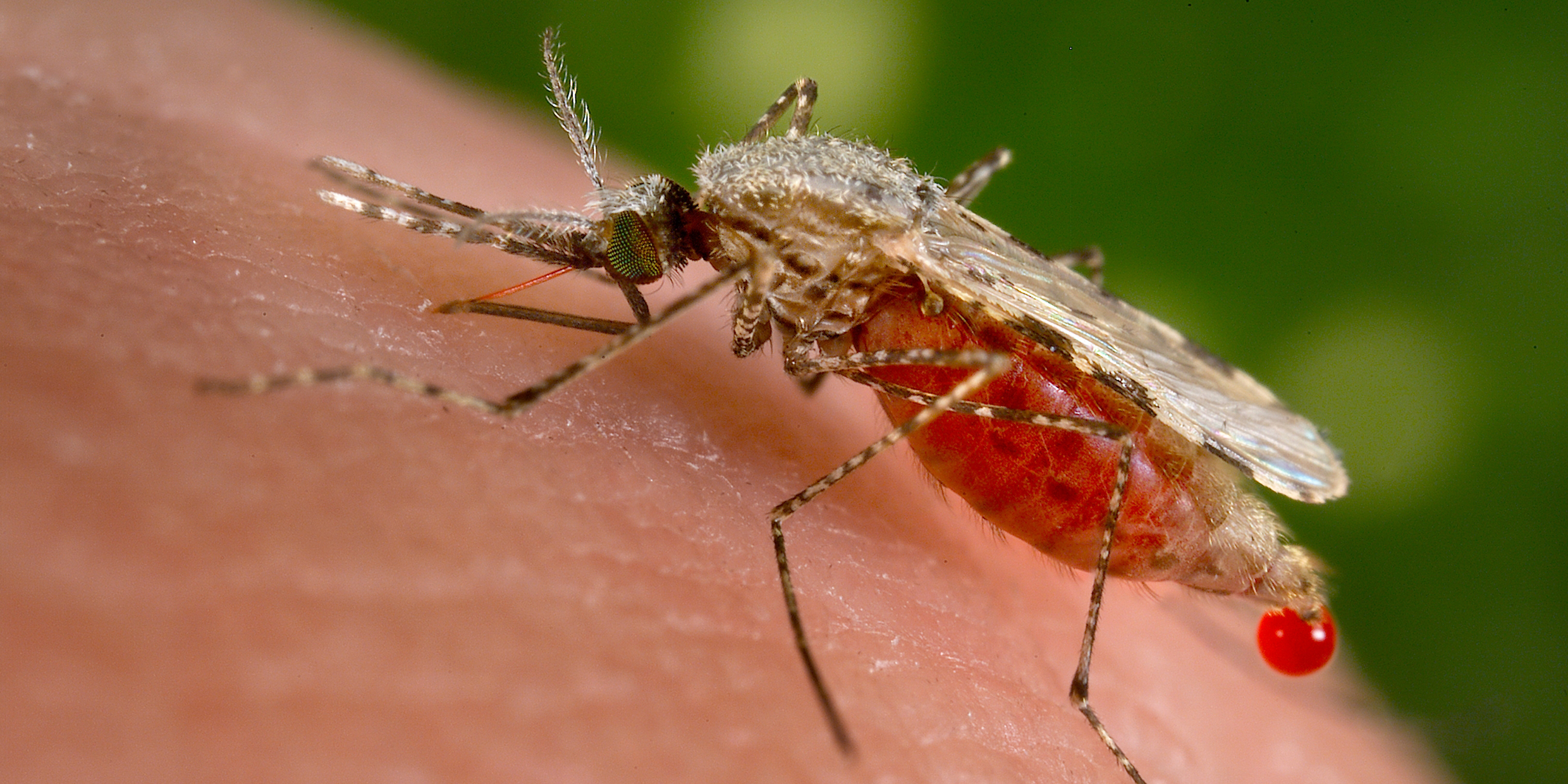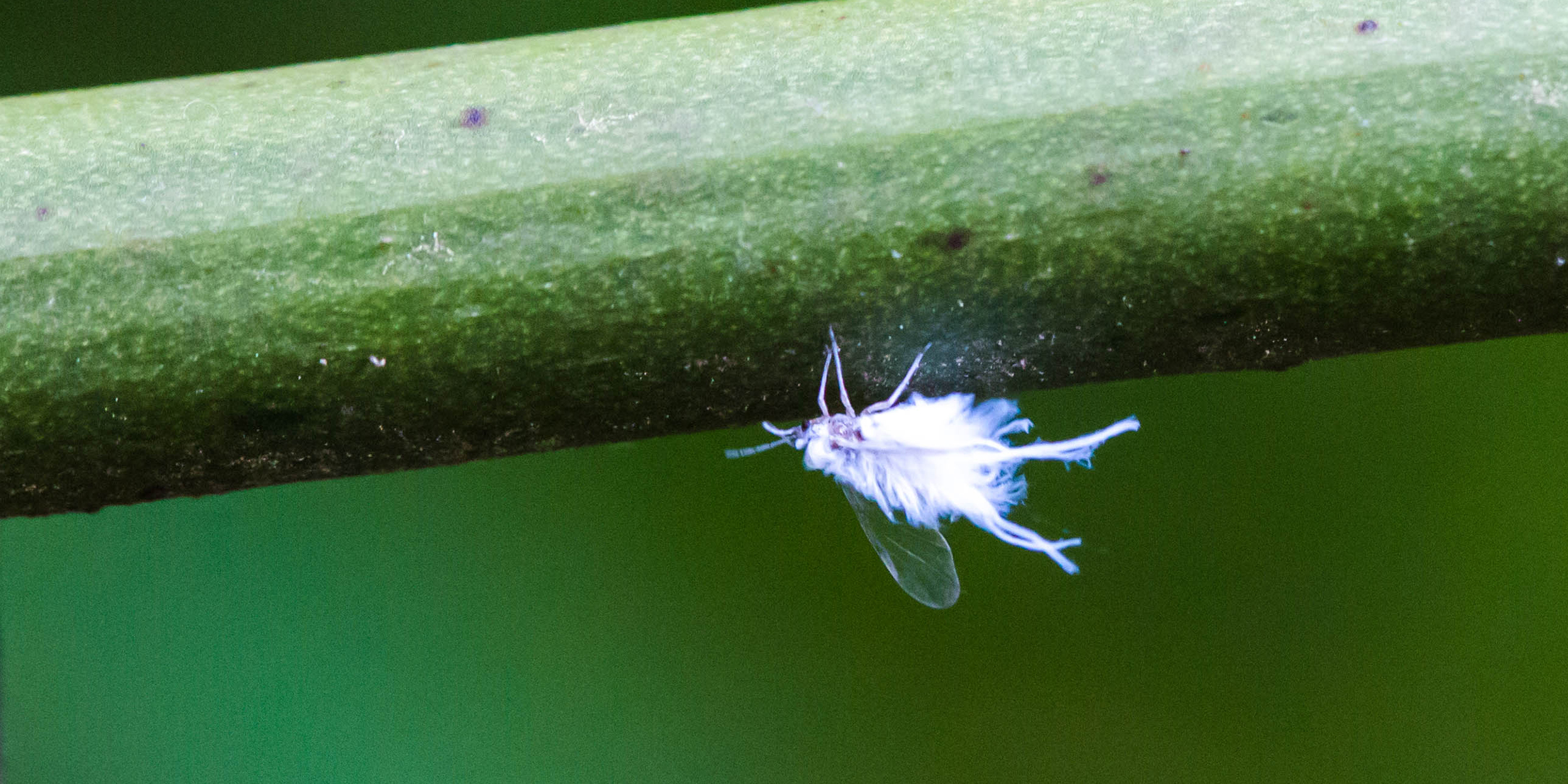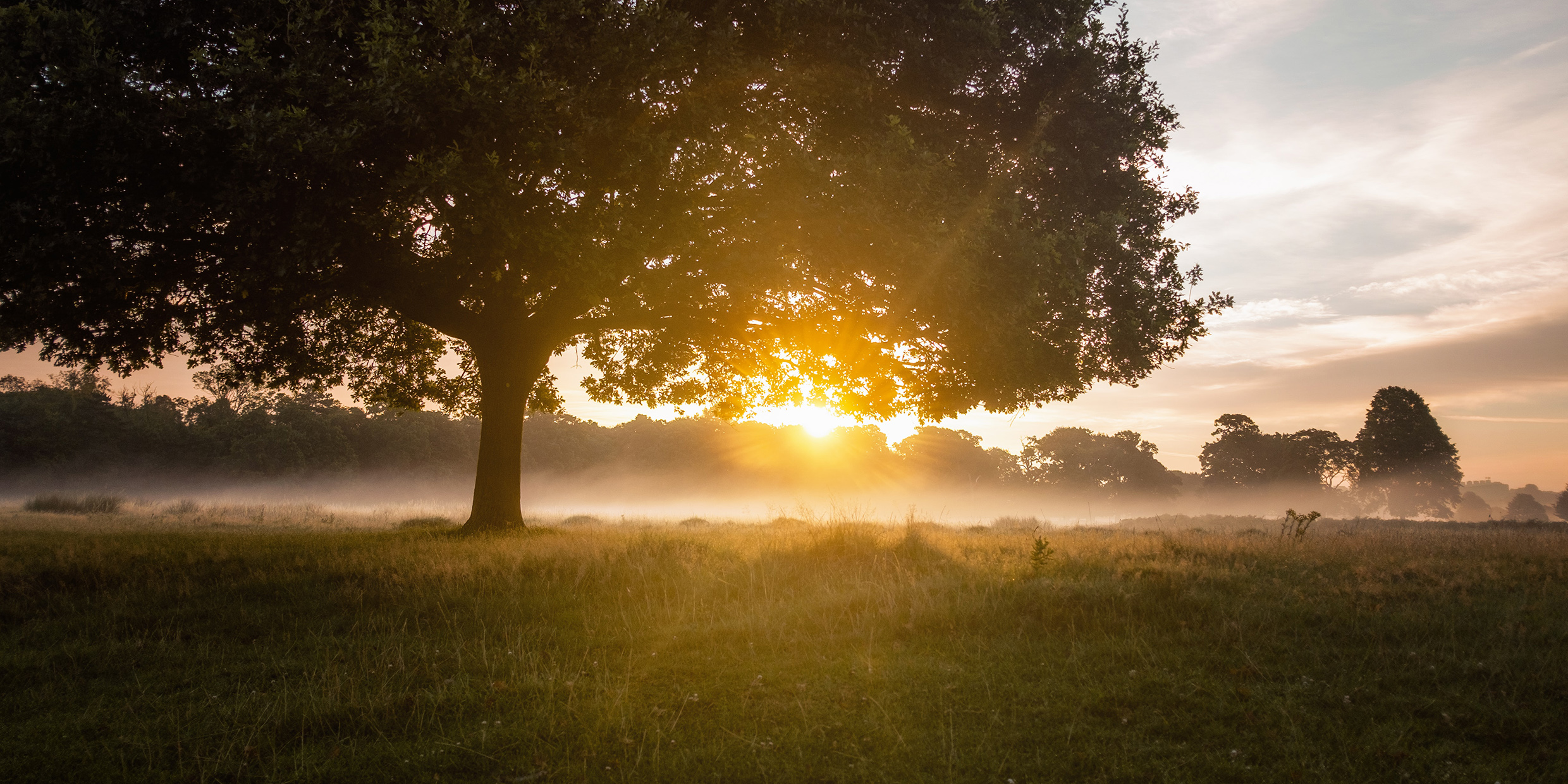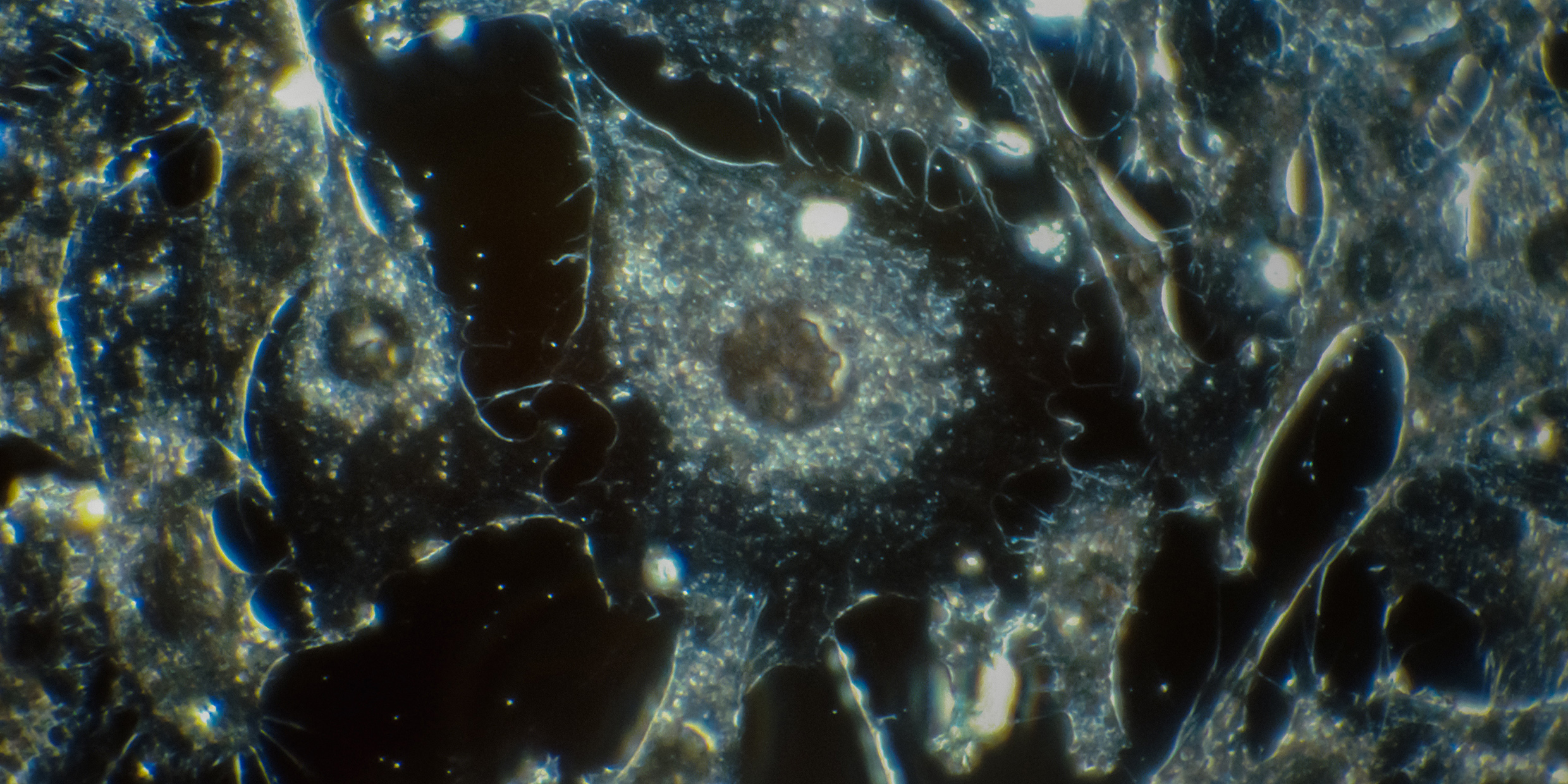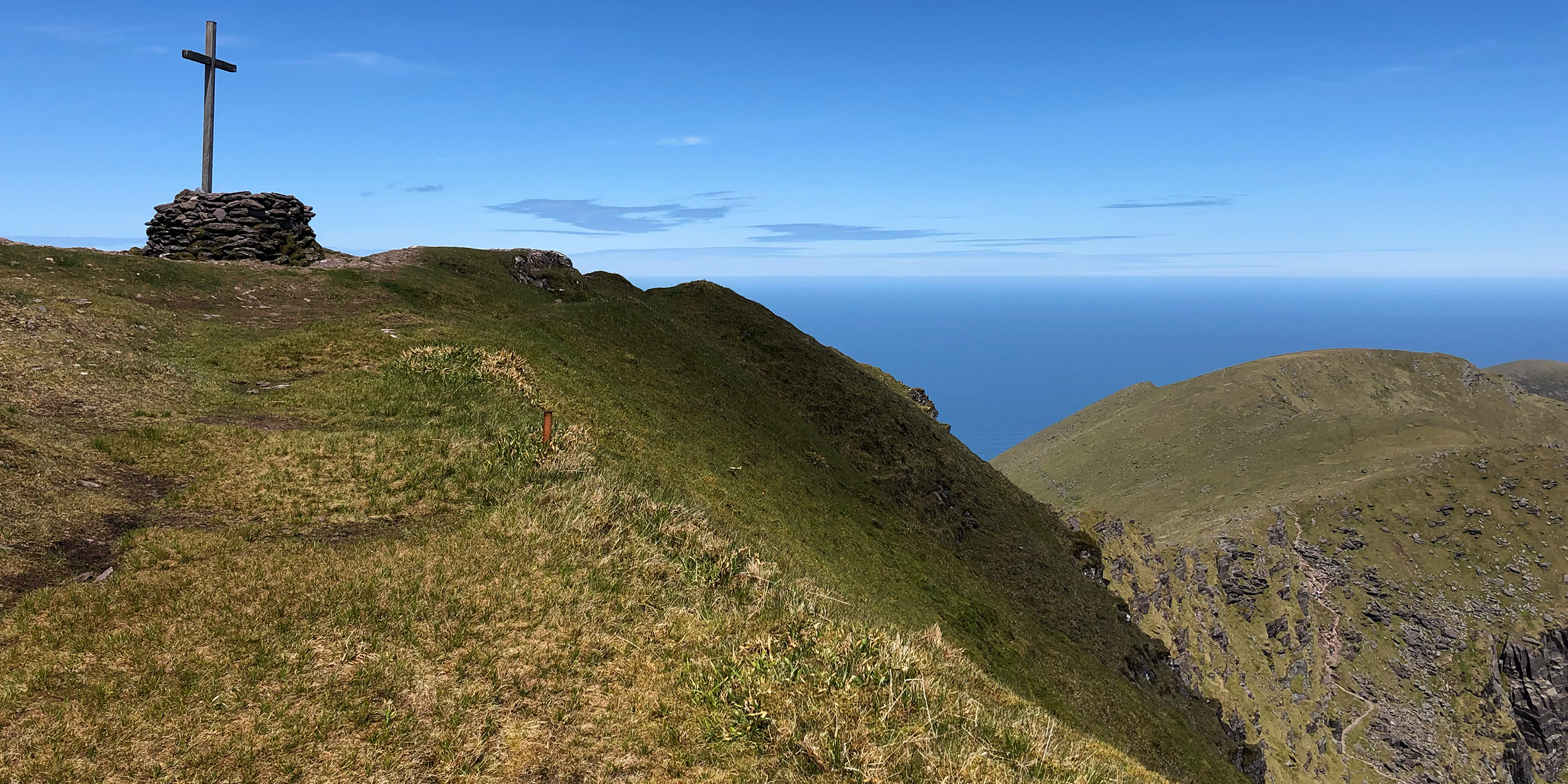Wired magazine is about to have its 10th birthday. Flashy, brassy, Day-Glo graphics. The holy scriptures of technofreaks, ubergeeks, and dot-com digerati.
Genetic science tests our wisdom
Malaria kills more than a million people a year, most of them children under the age of 5 in sub-Saharan Africa. Hundreds of millions of people have the disease, in varying degrees of severity.
Including all for the long haul
“It is not easy to live in that continuous awareness of things which alone is true living,” the naturalist Joseph Wood Krutch wrote in “The Voice of the Desert.” Krutch was a middle-aged New York City drama critic and literature professor in the late 1940s when he re-read Thoreau’s Walden, became a born-again nature writer, and moved to the Arizona desert to live with cacti and tarantulas.
‘New kind of science’ is not science at all
Stephen Wolfram’s “A New Kind of Science” arrived earlier this year in a blizzard of hype. As significant as the works of Newton and Darwin, said breathless touts, and the author seems to agree.
Plants that eat animals: They’re out there
Animals eat plants. So, why don’t plants eat animals?
Value of jet lag dawning on us
Returning to the States from a summer in Ireland, I’m jet-lagged for several weeks. I wake up at 4 a.m. no matter how late I try to stay awake at night. There’s nothing to be done but get up, shower, dress, toss my laptop into my backpack, and walk to work.
Will evolution leave humanity behind?
History is not the same old same old, nor is it just one darn thing after another. History — cosmic and human — has a direction, and the direction can be quantitatively defined.
Cancer: Our cells against ourselves
Now that bubonic plague, smallpox, cholera and many other diseases of high mortality are mostly things of the past, the Big C looms as the most frightening way our bodies can go wrong.
Our shifting senses on nature
Climbed Mount Brandon the other day. Ireland’s second-highest mountain. Named after Saint Brendan who had a hermitage on the summit in the 6th century.
Protecting rights in the noosphere
My tattered copy of Teilhard de Chardin’s “The Phenomenon of Man,” which I read enthusiastically when it was published as an English paperback in 1961, now and then tumbles off the bookshelf, demanding a re-read.

